FLAT 10% OFF ON YOUR FIRST ORDER. USE IVER10
Fosolin Injection (Fosphenytoin)
Price range: $25.00 through $96.00
Fosolin Injection contains Fosphenytoin, a fast-acting antiepileptic drug used to treat epilepsy, seizures, migraines, mania, and trigeminal neuralgia. It works by stabilizing overactive nerve signals in the brain, preventing the abnormal electrical activity that leads to seizures. This injection is administered only by healthcare professionals to ensure precise dosage and safety. Fosolin offers an advantage over phenytoin by causing fewer local injection-site reactions and cardiac effects. Common side effects may include drowsiness, dizziness, and nystagmus (involuntary eye movement). Patients should avoid alcohol and always follow their doctor’s schedule—never stop treatment abruptly.
- Buy 2 and get Flat 15% Off. Use B2SAVE15
- Buy 3 and get Flat 20% Off. Use B3SAVE20
Fosolin Injection (Fosphenytoin) – Treatment for Epilepsy & Seizures
Fosolin Injection is an antiepileptic medication used to control seizures and treat conditions like epilepsy, migraines, trigeminal neuralgia, and mania. It works by stabilizing excessive nerve activity in the brain, preventing abnormal electrical impulses that trigger seizures. Administered only by healthcare professionals, this injection ensures precise dosing for optimal results. Do not stop treatment abruptly, as it may lead to life-threatening seizures. Common side effects include dizziness, sleepiness, and mild injection-site reactions. Avoid alcohol and consult your doctor before use if pregnant, breastfeeding, or have liver/kidney conditions.
Uses of Fosolin Injection:
- Epilepsy/Seizures
- Mania
- Migraine
- Trigeminal neuralgia
Benefits of Fosolin Injection:
In Epilepsy/Seizures
It reduces seizure frequency by calming hyperactive nerve cells in the brain. It helps manage symptoms like confusion, uncontrolled jerking, loss of awareness, and anxiety, enabling patients to perform daily activities confidently. Unlike some medications, it is non-addictive but must be taken regularly as prescribed.
Side Effects of Fosolin Injection:
Most side effects are temporary and subside with time. Consult your doctor if they persist:
- Vomiting
- Sleepiness
- Dizziness
- Itching
- Impaired coordination
- Nystagmus (involuntary eye movement)
- Injection site reactions (redness, swelling, pain)
How to Use Fosolin Injection?
This injection must be administered by a doctor or nurse. Do not self-administer. Follow the prescribed schedule strictly—missing doses can trigger seizures. Do not stop without medical advice.
How Fosolin Injection Works?
It contains Fosphenytoin, which suppresses abnormal electrical activity in the brain by blocking sodium channels in nerve cells. This action stabilizes neuronal membranes and prevents seizures.
Safety Advice:
- Alcohol: Unsafe—increases drowsiness and dizziness.
- Pregnancy: Unsafe—risk to the fetus. Use only if lifesaving.
- Breastfeeding: Safe if prescribed—minimal transfer to breast milk.
- Driving: Unsafe—may impair alertness and vision.
- Kidney Disease: Use with caution—dose adjustments may be needed.
- Liver Disease: Use with caution—monitor liver function.
What If You Missed a Dose?
If you miss a scheduled dose, contact your healthcare provider immediately. Do not double the dose to compensate.
FAQs:
Q1. How long does Fosolin Injection stay in the body?
On average, it remains for 5–6 days, but may persist up to 9–10 days in some individuals.
Q2. Why is Fosolin Injection better than phenytoin?
It avoids common phenytoin side effects like severe injection-site irritation and heart rate fluctuations.
Q3. What happens if I stop Fosolin Injection suddenly?
Sudden discontinuation may cause life-threatening, non-stop seizures (status epilepticus). Always taper under medical supervision.
Q4. Can Fosolin Injection overdose be fatal?
Yes. Overdose symptoms include nystagmus, slurred speech, coma, and respiratory failure. Seek emergency help immediately.
Q5. How does Fosolin Injection affect children?
Common pediatric side effects include nystagmus, gum overgrowth, and behavioral changes. Dose adjustments can minimize these effects.
Q6. Does Fosolin Injection interfere with birth control?
Yes, it reduces the efficacy of oral contraceptives. Use alternative contraception methods while on this medication.
Q7. Does Fosolin Injection cause drowsiness?
Yes, it may cause sleepiness, especially during initial treatment. Avoid driving or operating machinery until you know how it affects you.
| Strength | 150 mg |
|---|---|
| Pack Size | 1 Injection, 2 Injection, 3 Injection |

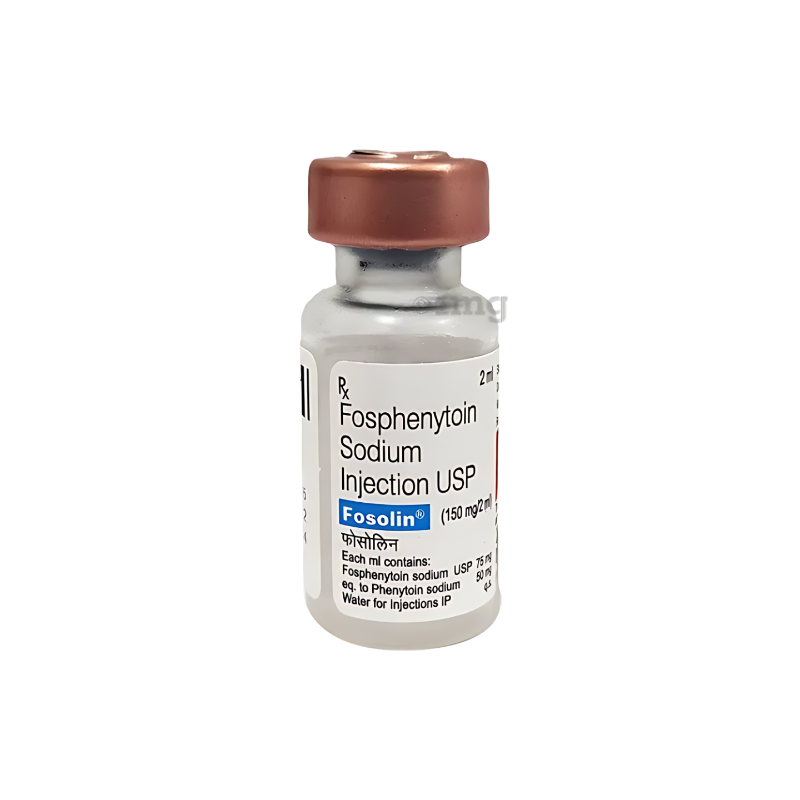
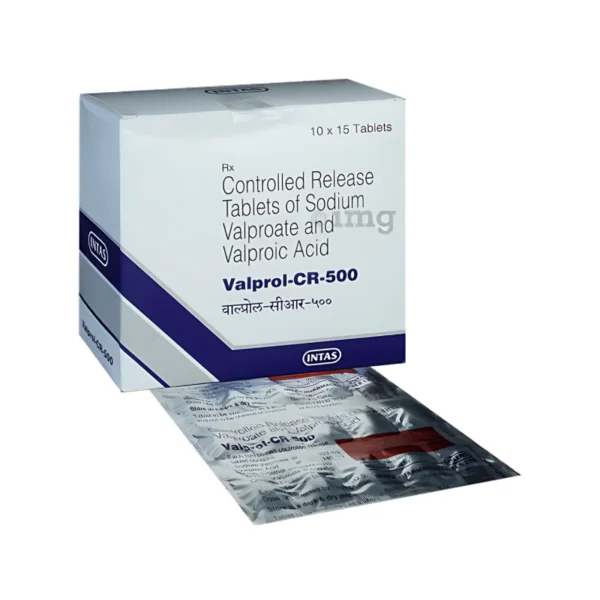
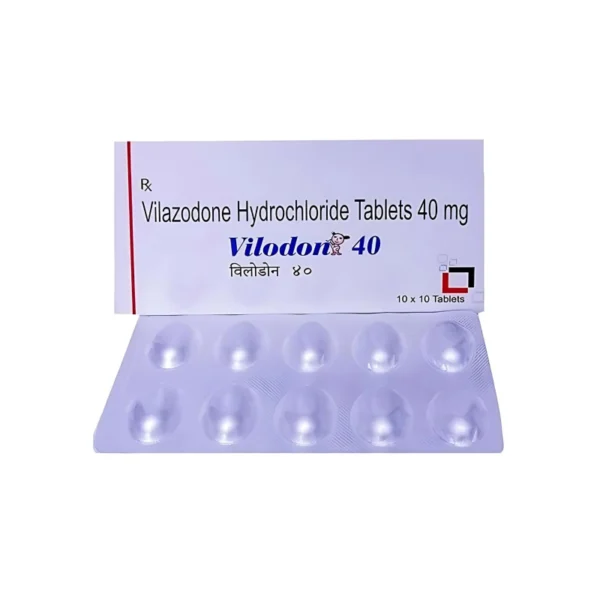
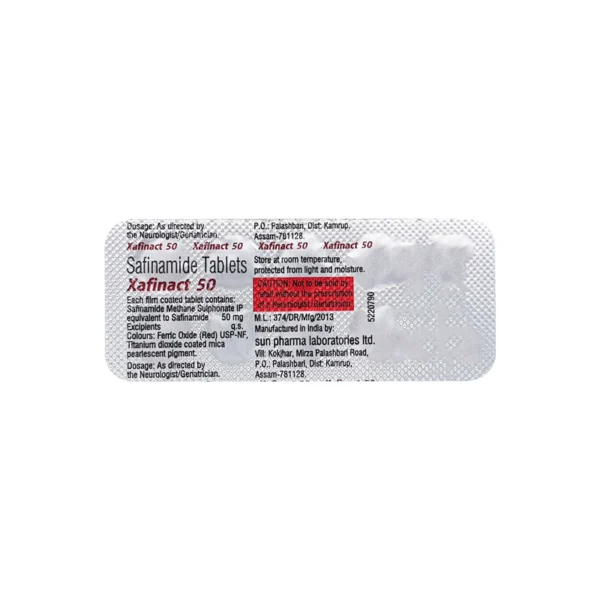



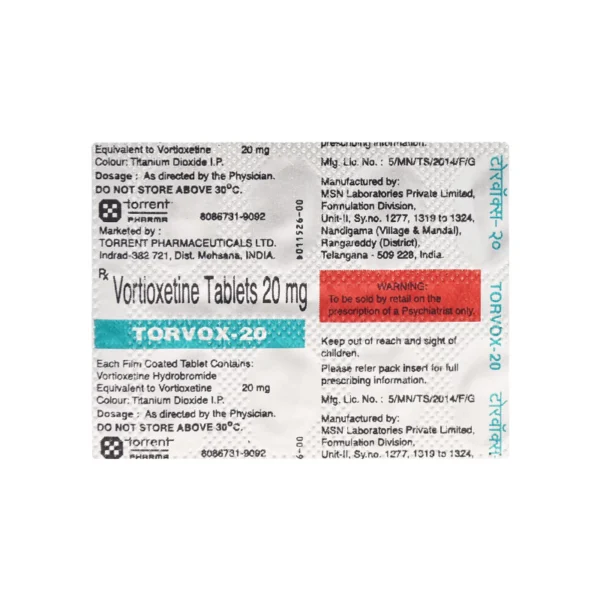
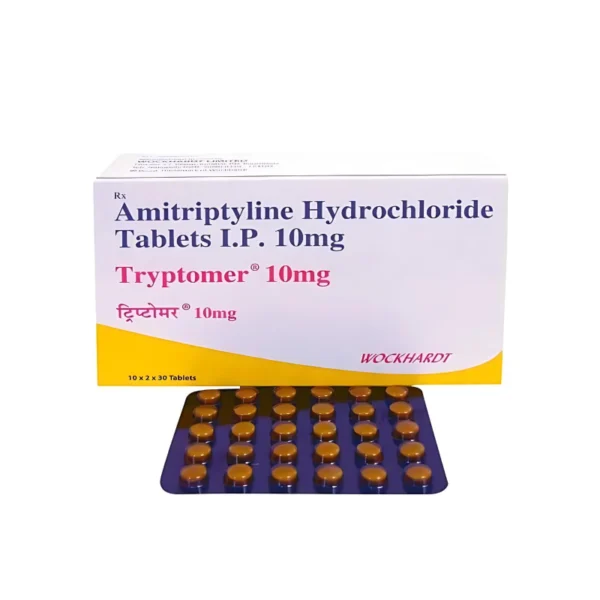
Reviews
There are no reviews yet.